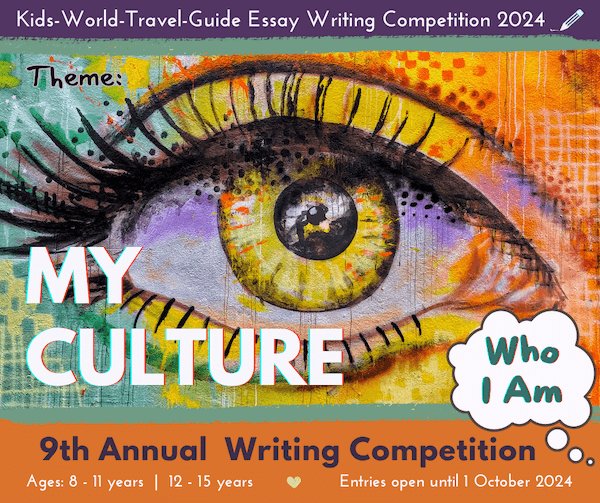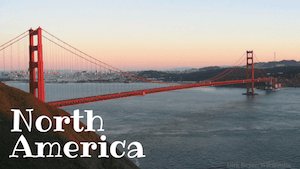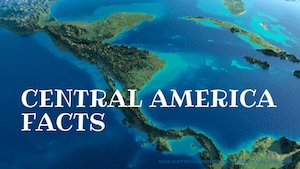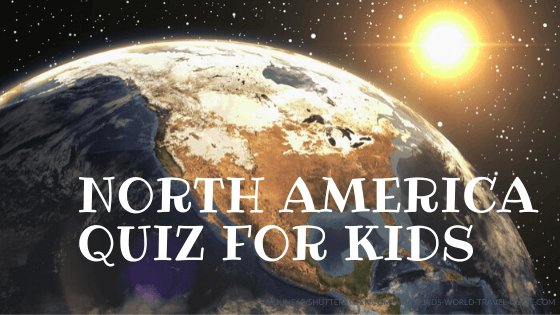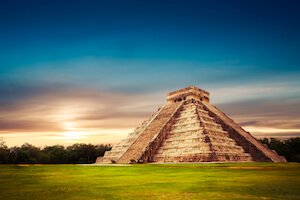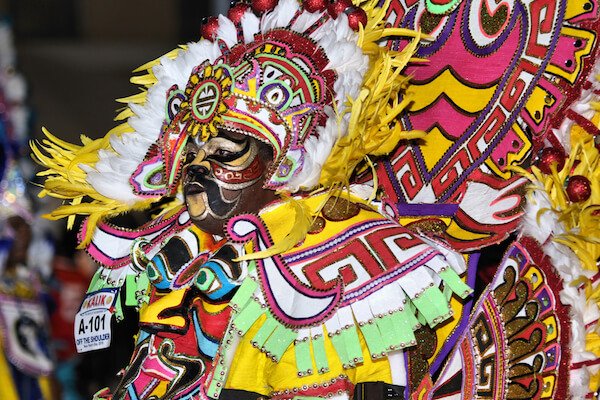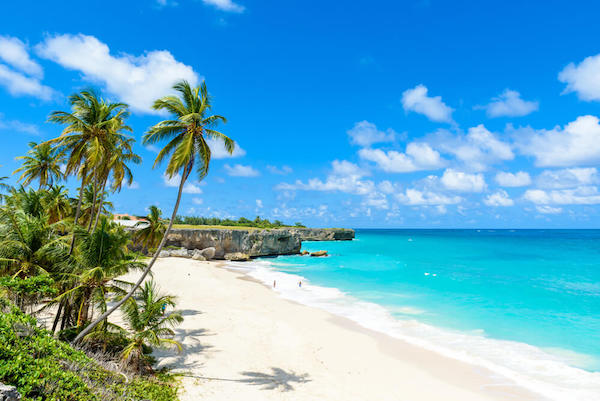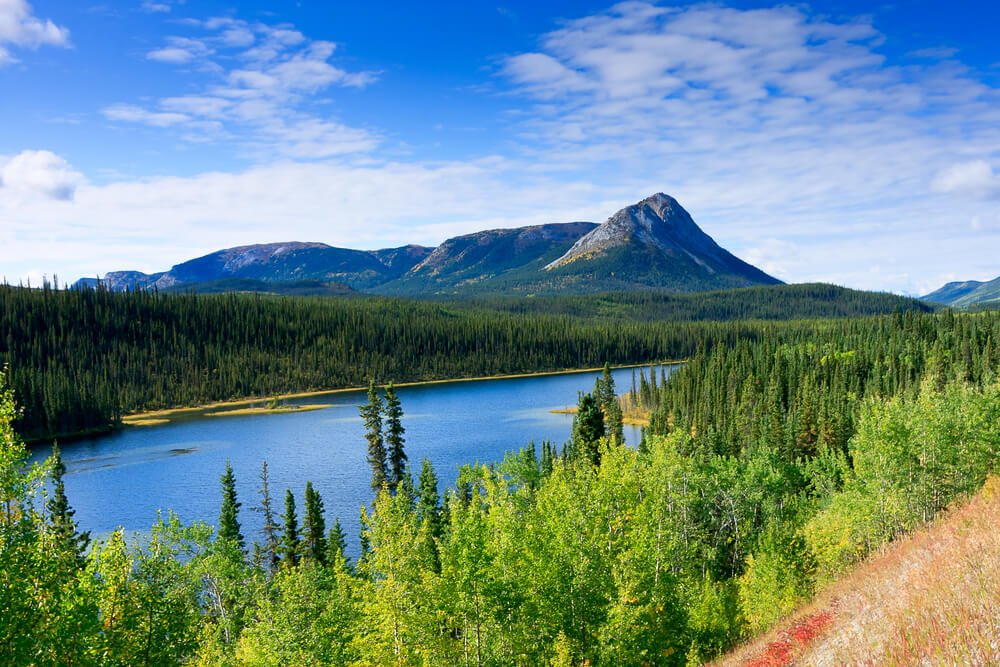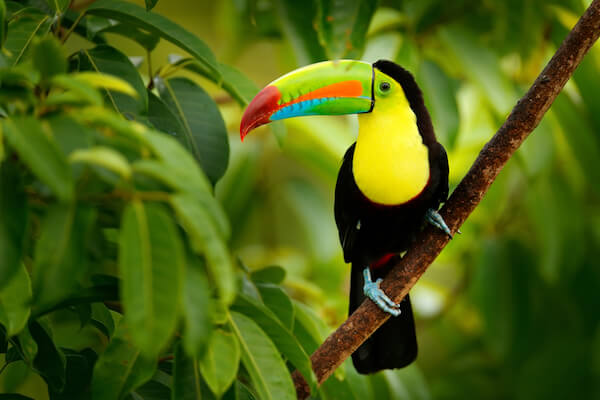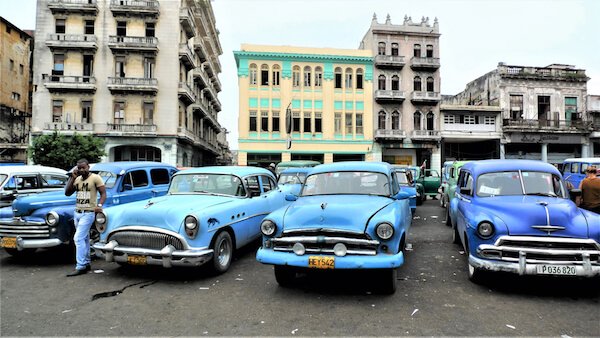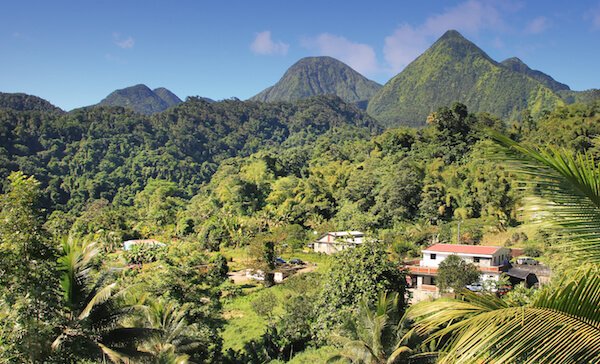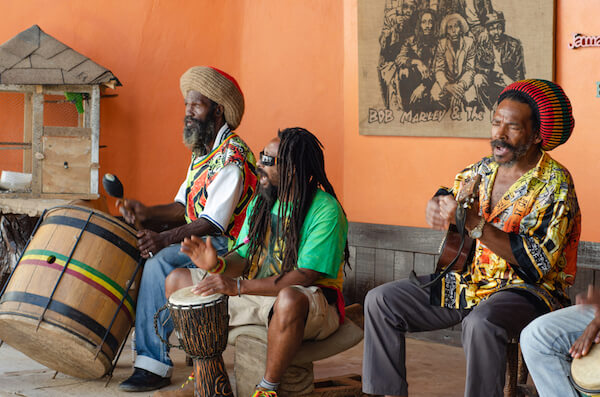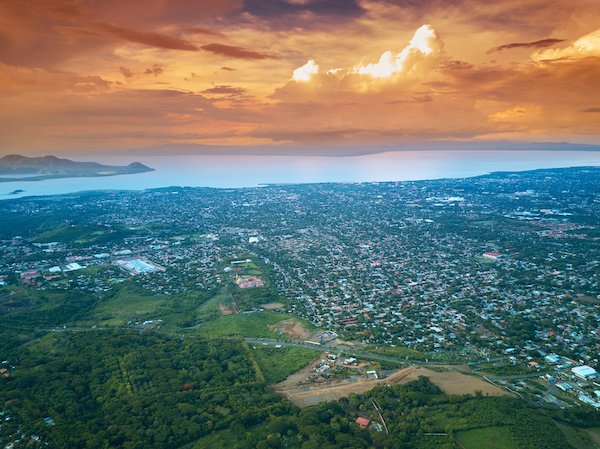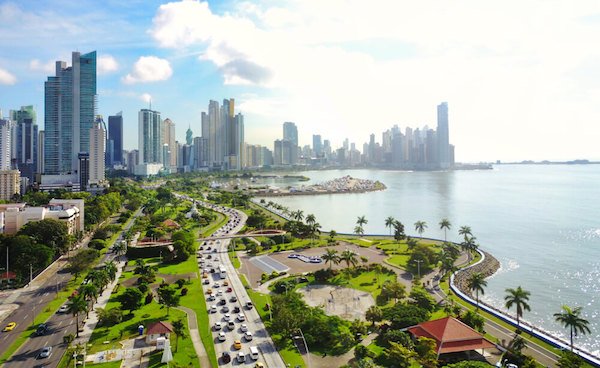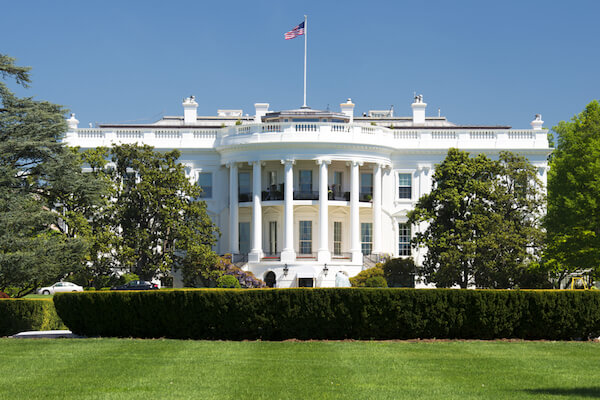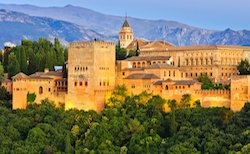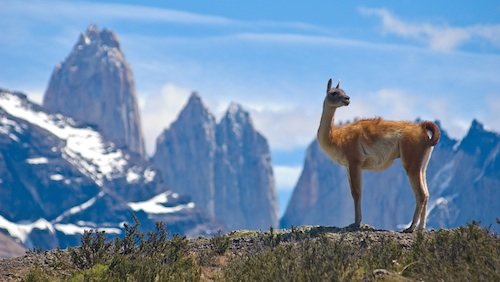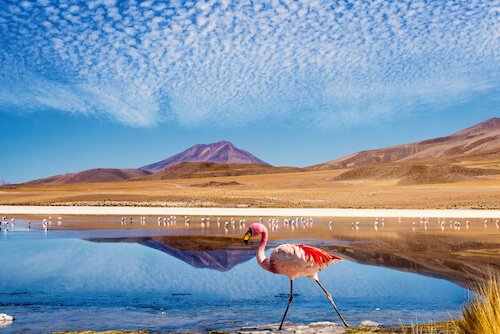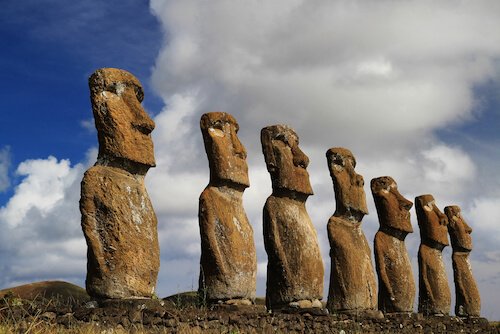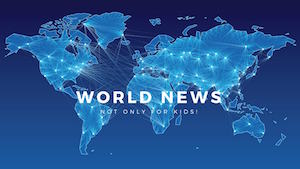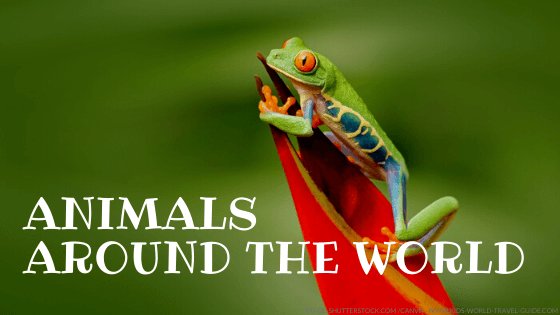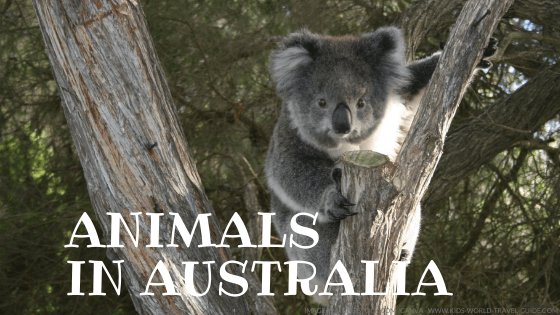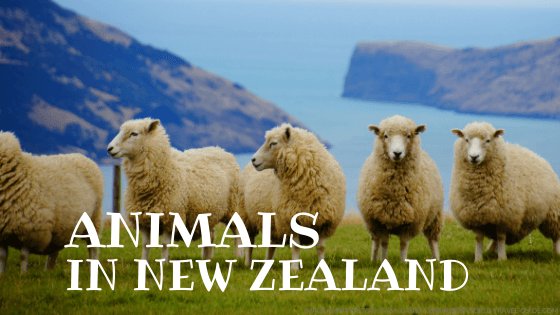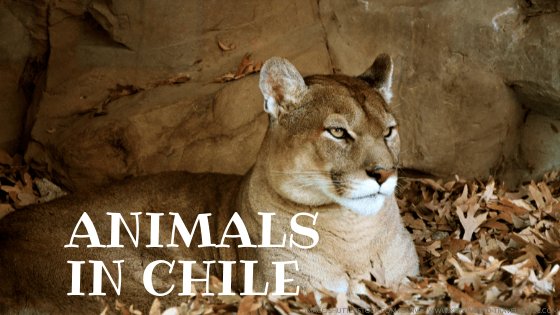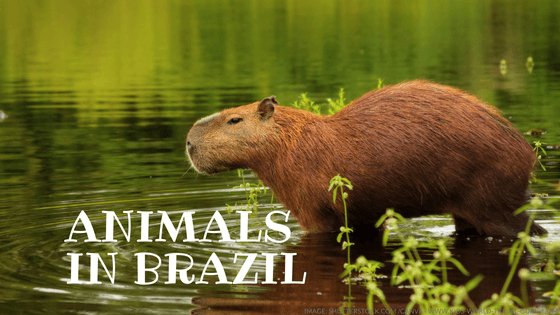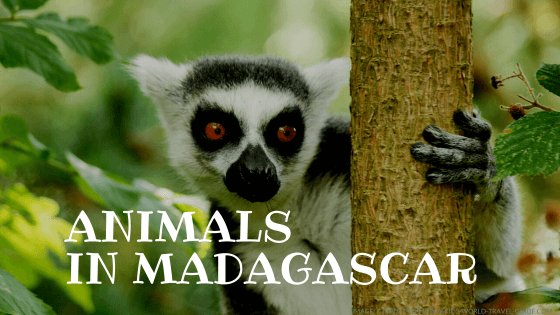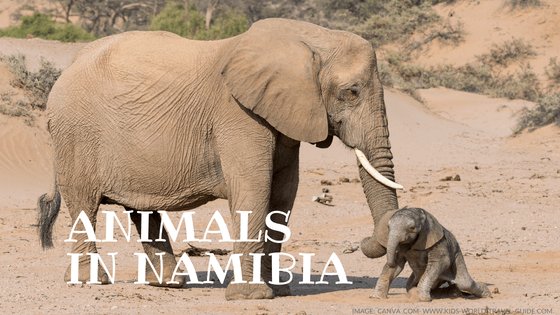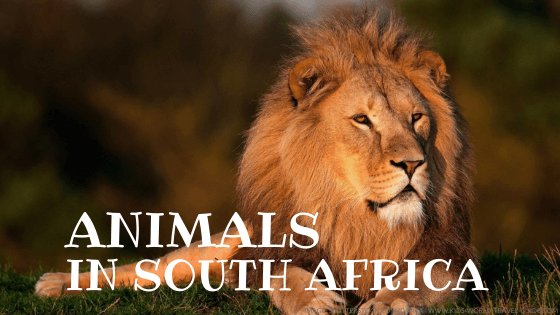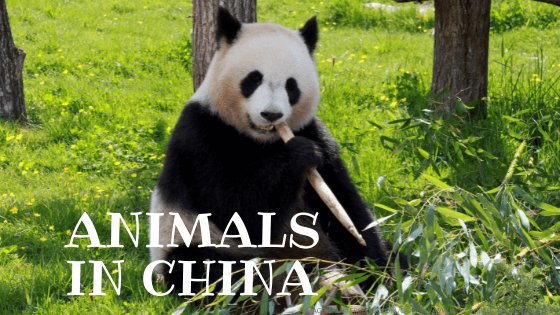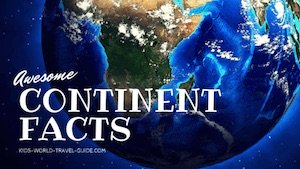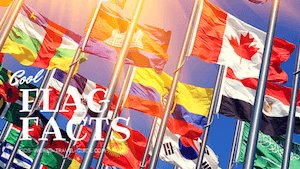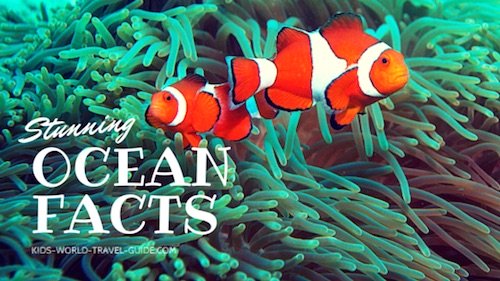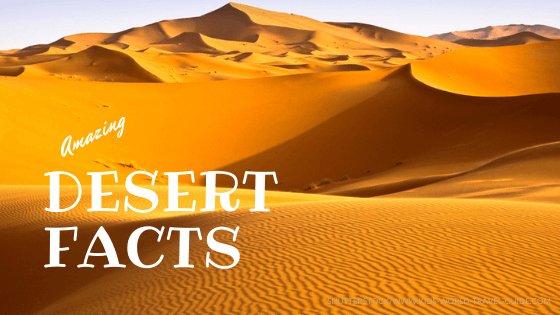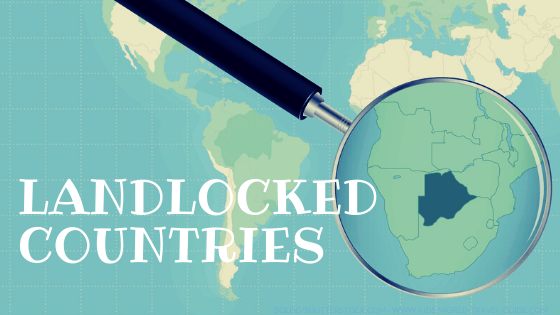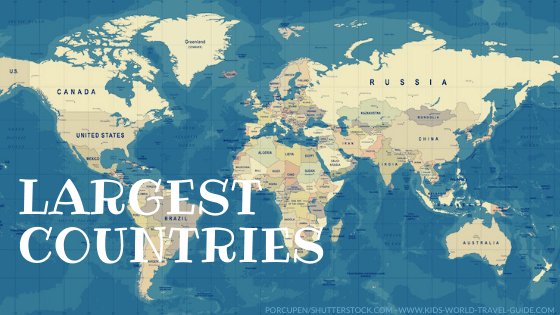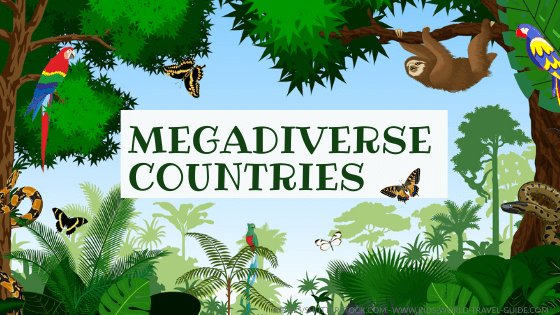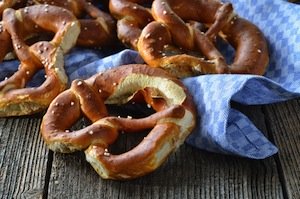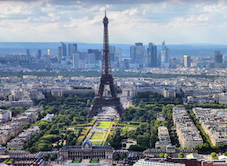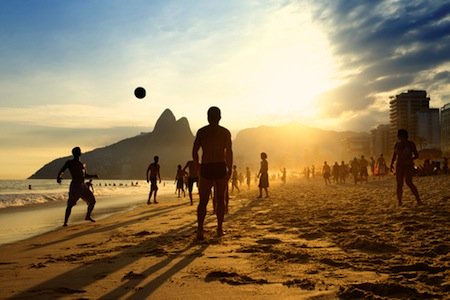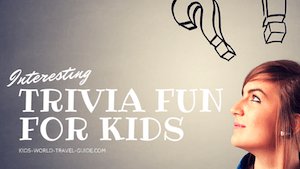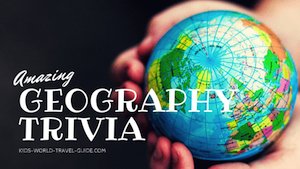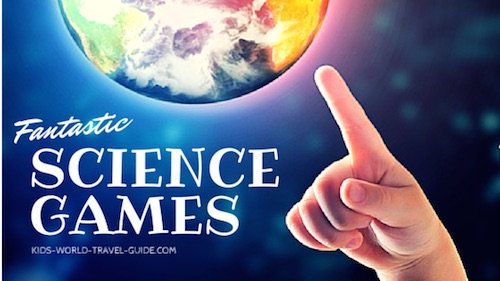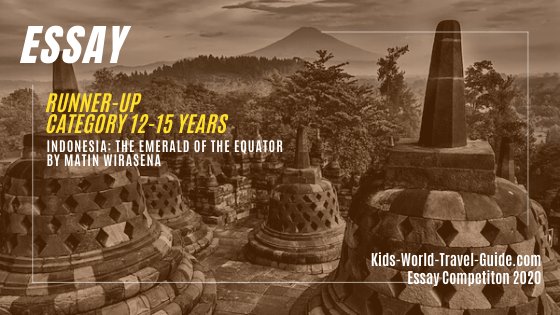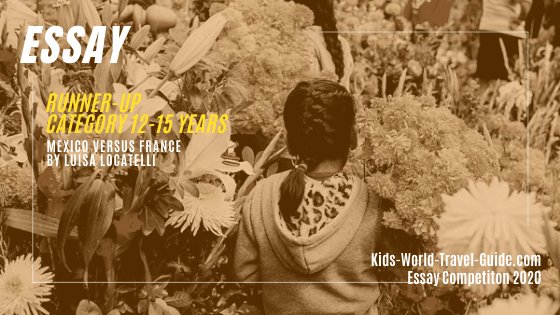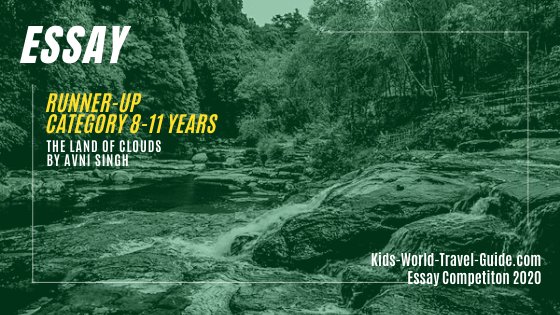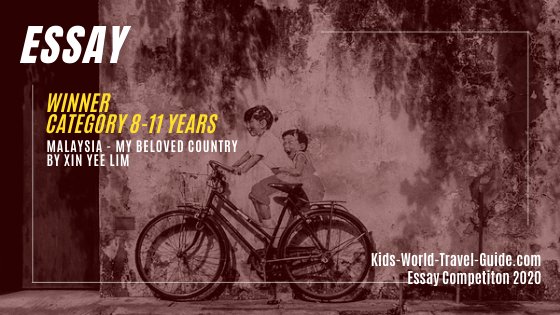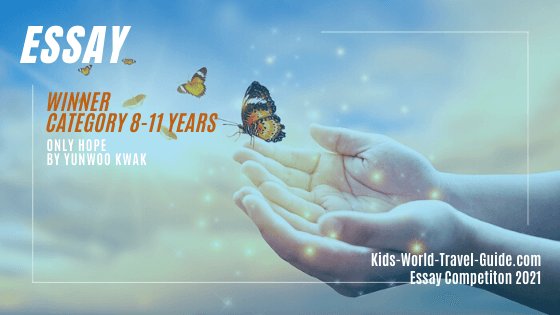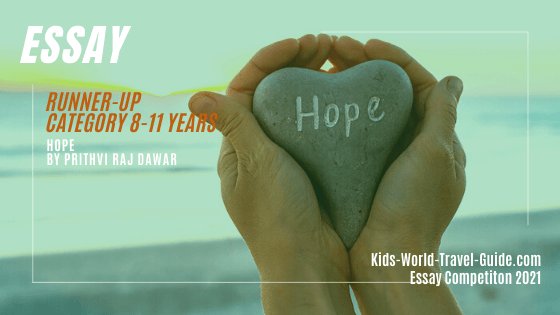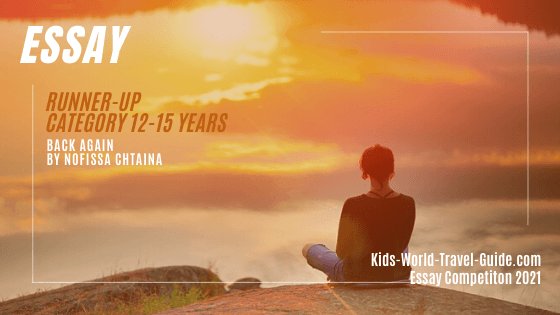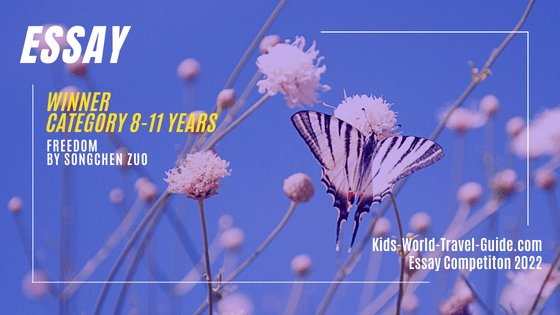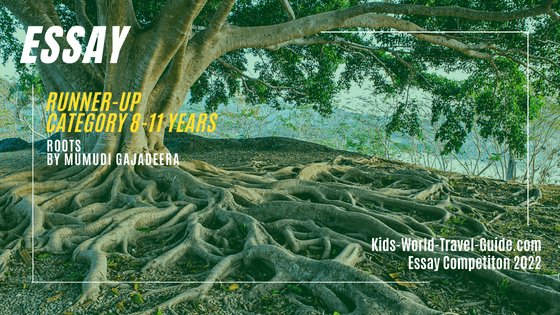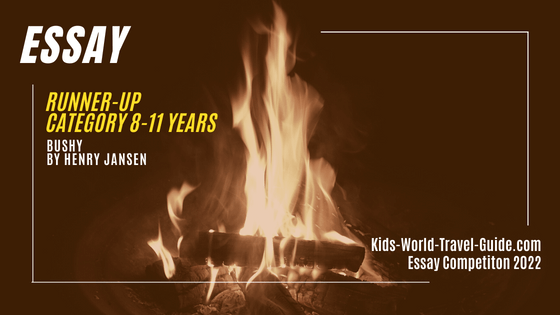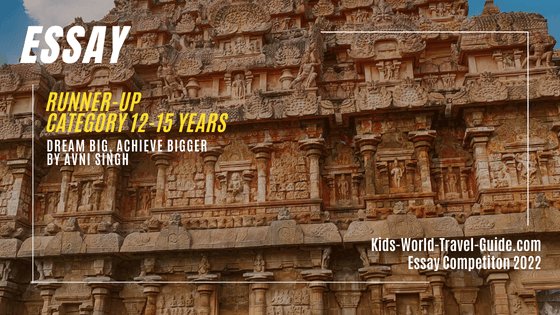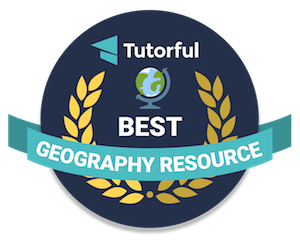- Homepage
- North America
- Guatemala
Guatemala Facts for Kids
Interesting Guatemala Facts
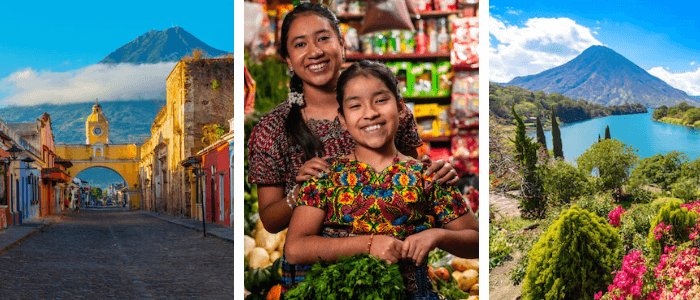 Guatemala Facts: Antigua - Guatemalans - Lake Atitlan
Guatemala Facts: Antigua - Guatemalans - Lake AtitlanHere are some interesting Guatemala Facts for Kids which were choosen and reseached by kids especially for kids.
Guatemala for Kids
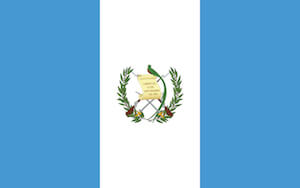 Guatemala flag
Guatemala flag- Population: 18 million people (2023)
- Capital: Guatemala City with 3 million people
- Name: Republic of Guatemala (República de Guatemala)
- Official Language: Spanish
- Religion: Most Guatemalans are Christians (81%)
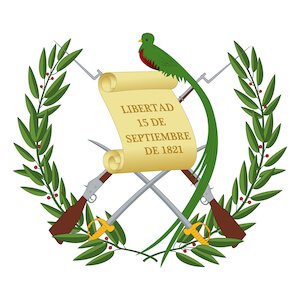 Quetzal bird
Quetzal bird- Currency: 1 quetzal = 100 centavos
- National Colours: blue and white
- National Bird: quetzal
- National Day: 15 September
- History: Indigenous settlements in the region date back to 12,000-18,000 BC. Houses and palaces of the Maya people date back to about 650-800 AD when between 7 and 11 million people are thought to have lived in the area. Then, Mayan cities such as Tikal were very large. The first Spanish expeditions in the area were held from 1519. Guatemala was a Spanish colony until 1821 when Guatemala gained independence from Spain on 15 September.
- President: Bernardo Arévalo was elected new president in August 2023 and will take over from current president Alejandro Giammattei on 14 January 2024.
Guatemala Map
Where is Guatemala?
Guatemala is the fifth largest country of the North American continent and the mountainous country belongs to a region referred to as 'Central America'. With almost 20 million people, Guatemala is the most populous country in Central America.
Guatemala shares a Pacific Ocean and an Atlantic Ocean coastline.
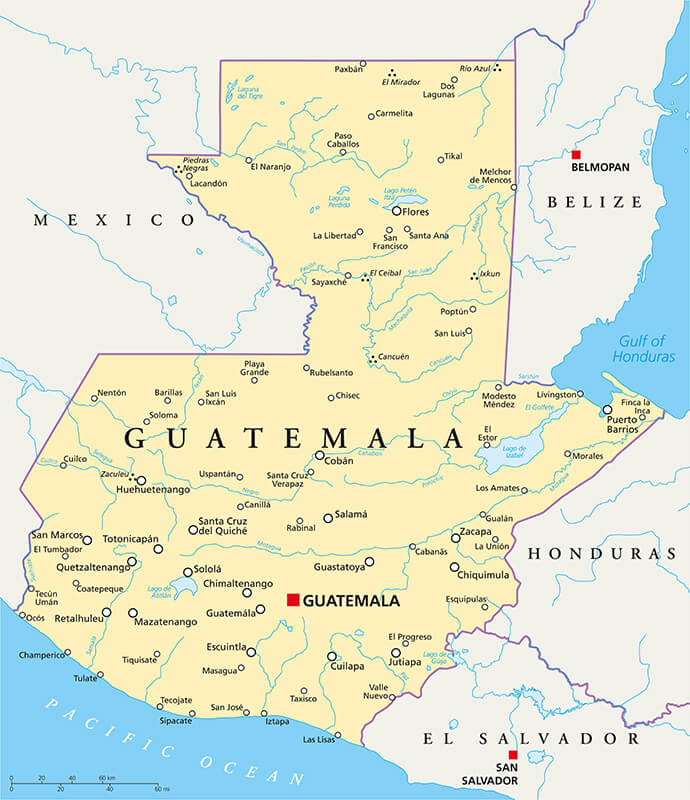 Guatemala map
Guatemala mapGuatemala borders four countries: Mexico in the north and west, Belize in the north east, Honduras to the east and El Salvador in the southeast of the country. The longest border is shared with Mexico.
The longer coastline is along the Pacific Ocean with popular beach towns such as San José or Monterrico while Puerto Barrios and the Bay of Amatique on the Caribbean Sea offer stunning beaches.
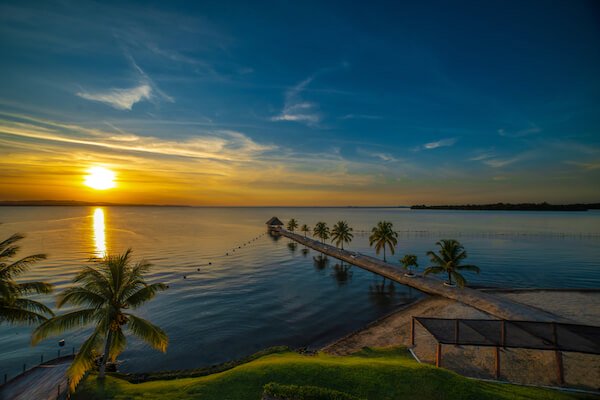 Amatique Bay
Amatique BayThe name 'Guatemala' originates from indigenous words for "place of many trees".
Guatemala is slightly smaller in area than Pennsylvania/ USA or slightly larger in size than twice the area of Croatia.
Guatemala Facts | Guatemala Geography
The landscape of Guatemala is mountainous and most of the cities of Guatemala are located in the Highlands. About 60% of the country is covered by mountains.
There are 37 volcanos in Guatemala, but only three of them are active. The tallest volcano is Tajumulco, which is also the highest peak of Central America.
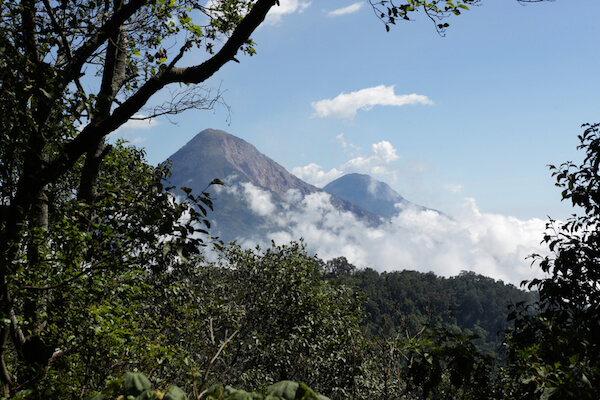 Volcanos Tacana and Tajumulco
Volcanos Tacana and TajumulcoGuatemala has three distinct regions, the Highlands, the Pacific coast's lowlands and the plateau of Petén in the country's northeast.
Guatemala Geo Superlatives
- Guatemala is one of the seventeen megadiverse countries in the world. Guatemala has a rich biodiversity and especially the Petén region has vast protected areas.
- The highest mountain peak of Guatemala is the peak of a volcano Tajumulco with 4,222 m/ 12,529 ft. The large stratovolcano last erupted in the 19th century. This is also the highest peak in Central America.
- Guatemala's largest lake is Lake Izabal which is located in the low coastal region near the Caribbean coastline.
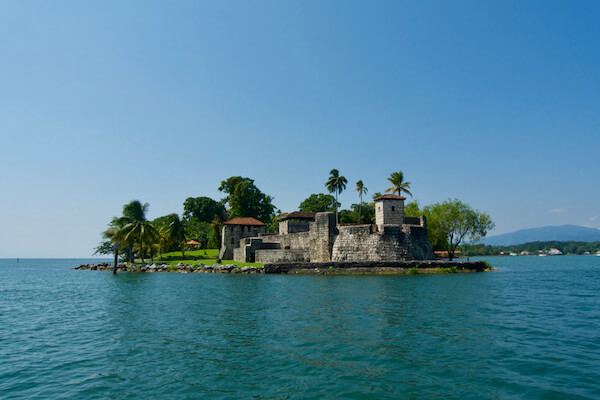 Lake Izabal
Lake Izabal- Guatemala’s longest mountain range is the Sierra Madre de Chiapas.
- The longest river of Guatemala is the Motagua River that flows from the Highlands to the Honduras border at the coast.
Guatemala Facts
Guatemala Landmarks for Kids
Guatemala has plenty of fascinating landmarks and the country offers many attractions to entice the whole family. Here are some of most important landmarks of Guatemala:
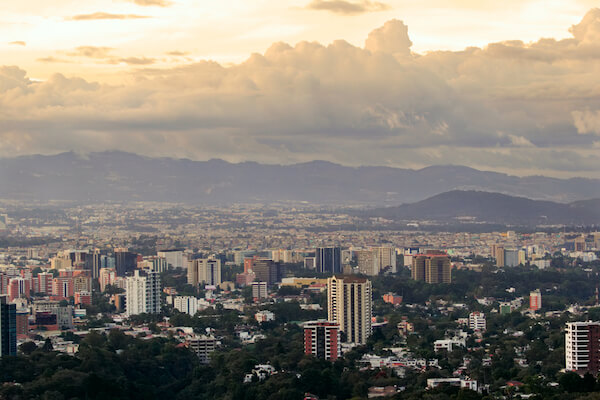 Guatemala City
Guatemala City- Guatemala City: The first settlement already was started there in 1500 BC when the Mayans founded Kaminaljuyu. The city was almost completely destroyed in the 1917 earthquake but was rebuilt. Today you can visit the old historic district, the majestic cathedral and the national palace as well as the archeological site with the fascinating Mayan ruins.
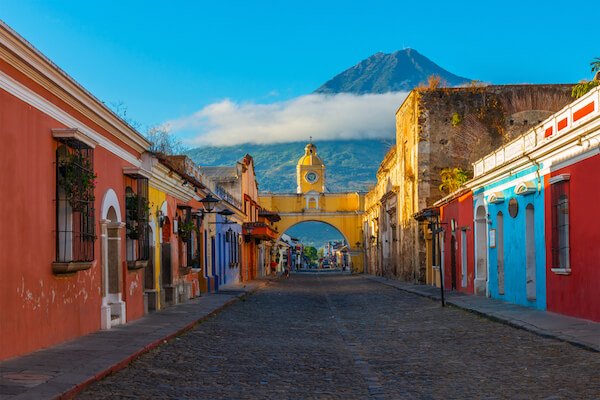 Antigua in Guatemala
Antigua in Guatemala- Antigua: This city was the capital of Guatemala during the Kingdom of Guatemala in the 16th century. This city near Guatemala City still houses many fascinating colonial colourfully painted buildings and churches.
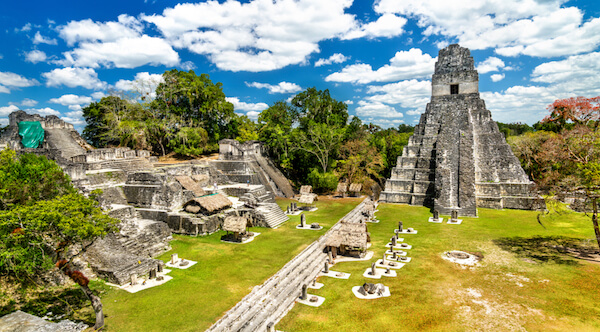 Tikal
Tikal- Tikal: These ancient Mayan ruins are located in the jungle of the Tikal National park in northern Guatemala.
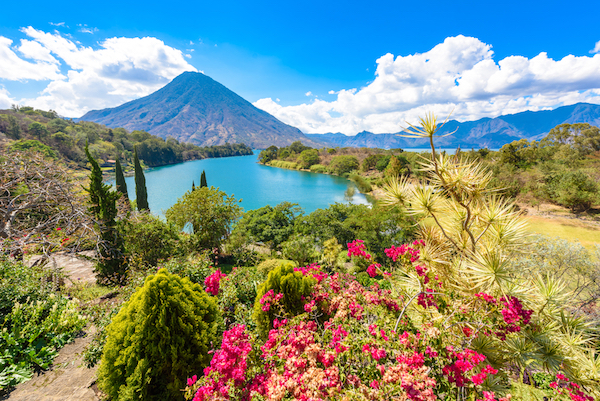 Lake Atitlan
Lake Atitlan- Lake Atitlán: The lake in the Guatemalan Highlands is known for the volcanos surrounding the lake. Lake Atitlán is the third largest lake in the country.
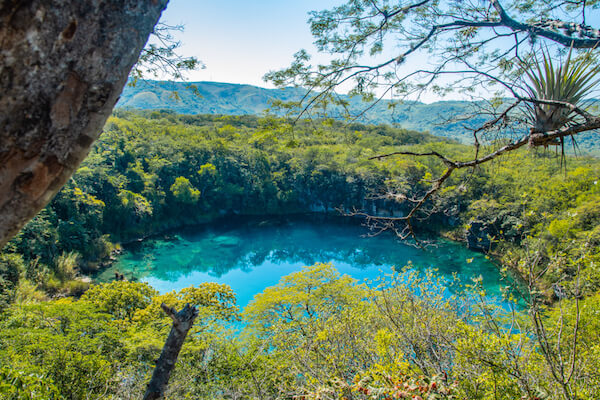 Cenote de Candelaria
Cenote de Candelaria- Cenotes de Candelaria: The two deep blue pools are located near the town of Nentón at the border to Mexico. The sinkholes are popular with many hikers and great for swimming in crystal clear water.
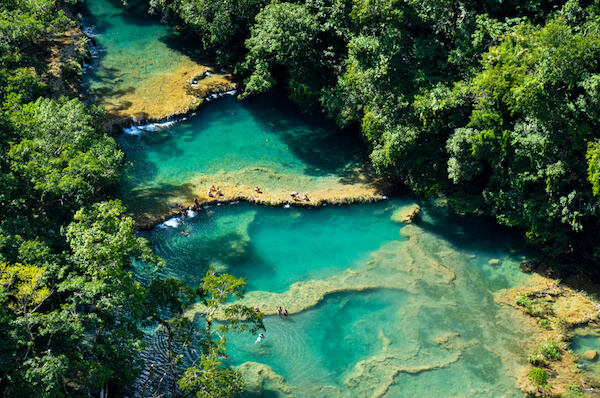 Semuc Champey
Semuc Champey- Semuc Champey: The 300 m/ 984 ft long limestone bridge over the Cahabón river is one of the most well-known landmarks. The turquoise coloured pools in the river are popular for swimming in clear waters.
- Siete Altares: The Seven Freshwater Pools, called 'Siete Altares' in Spanish, are located near the town of Livingstone are smaller than the pools at Semuc Champey but very beautiful natural pools as well.
Guatemala Facts for Kids |
Guatemalans
Guatemala has rich cultural diversity. There are 23 indigenous languages, among them are 21 Mayan languages. About one third of the population speak a Mayan language such as Q'eqchi or K'iche.
The vast majority of Guatemalans speak Spanish as first or second language.
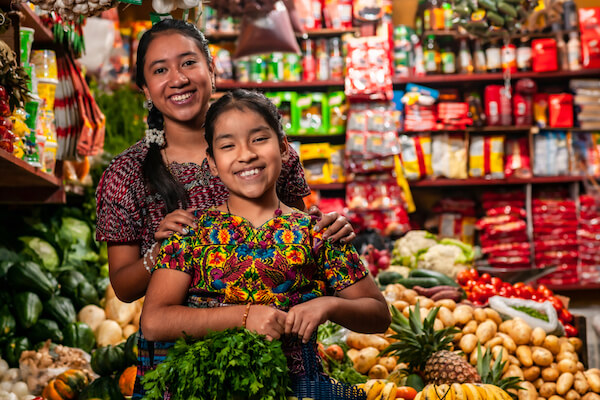 Guatemala people
Guatemala peopleMore than half of the people in Guatemala live in rural areas. The more populated areas are located in the southern half of the country. About 3 million people live in and around the capital city Guatemala City.
Guatemala has on of the youngest populations in the Americas. The median age of the population is 23.3 years, compared to 38.5 years in the USA or 40.6 years in the UK.
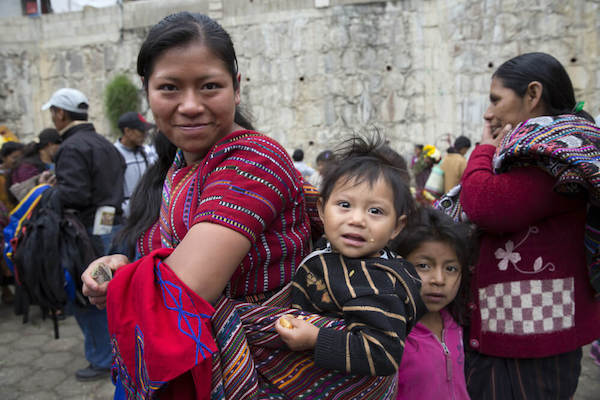 Guatemalan mother with children
Guatemalan mother with childrenGuatemala has the lowest literacy rate in North America (81%) and lots of efforts are taken to increase literacy in the population.
Famous people in Guatemala are:
- Rigoberta Menchú (born 1959): Nobel Peace Price Winner in 1992 who promotes indigenous rights
- Miguel Ángel Asturias (1899 - 1974): Nobel Price for Literature - Winner in 1967
Guatemala Facts for Kids
Guatemala Economy
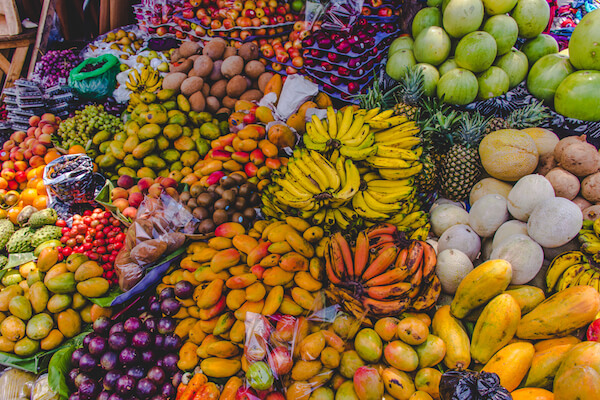 Fruits and Vegetables at Antigua Market
Fruits and Vegetables at Antigua MarketThe main agricultural products in Guatemala are sugarcane, bananas, plantains, pineapples and other fruits.
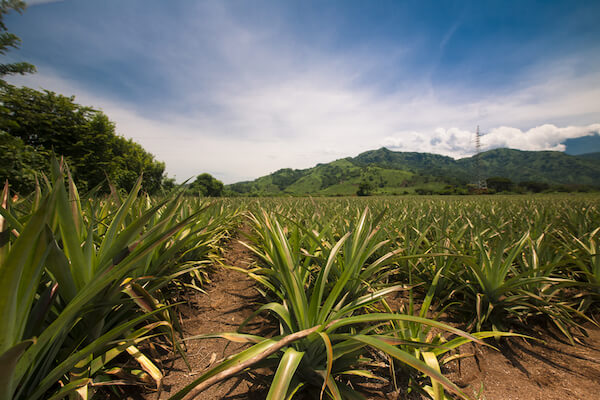 Pineapple plantation in Guatemala
Pineapple plantation in GuatemalaThe natural resources of Guatemala are nickel, petroleum, rare woods and hydropower.
Important trading partners of Guatemala are the USA, Honduras, El Salvador, Mexico and China.
Food in Guatemala
The Guatemalan cuisine is varied and traditional dishes often contain rice and beans. Corn-flour parcels called tamales are wraps filled with sausage, tomatoes and olives are very popular too.
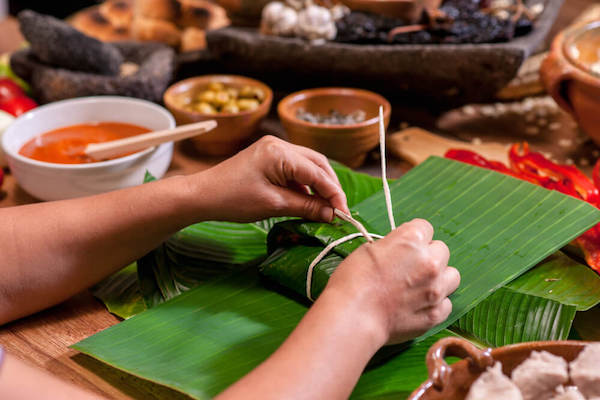 Wrapping tamales
Wrapping tamalesTypical Guatemalan dishes are:
- Tamales: corn dough pockets filled with meat and tomatoes. These dough pockets are wrapped in plantain leaves and then steamed.
- Pepián: thick chicken stew made with spicy vegetables and served with rice
- Empanadas: fried pastry dough pockets filled with shredded meats or vegetables such as spinach or potato as well as tomato and guacamole toppings
- Churrasco: barbecued meats such as chicken or beef are often accompanied by rice, plantains, beans and tomato sauce.
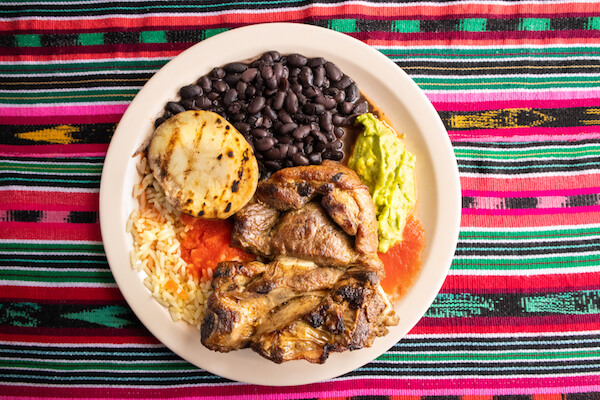 Churrasco guatemalteco
Churrasco guatemalteco- Fiambre: this salad is made with many different ingredients. Fiambre contains vegetables such as beets, peppers or corn as well as meats, sausages and cheese
- Rellenitos: fried plantain dough rolls filled with black bean mash, that is often spiced with chocolate and cinnamon. Rellenitos are usually served as sweet dish or dessert.
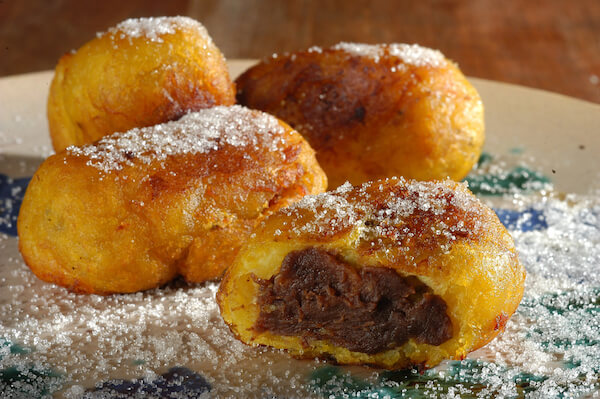 Guatemalan dessert: Rellenitos
Guatemalan dessert: RellenitosGuatemala Facts | Animals in Guatemala
Guatemala is one of the most biodiverse countries in the world.
The resplendent quetzal bird is the national bird of Guatemala. The quetzal is also shown on the Guatemala flag. The birds are known for their long tail feathers that can grow up to 40 cm/ 16 inches in length.
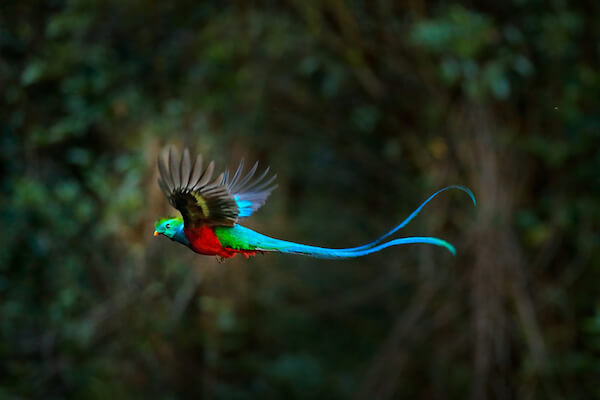 Quetzal in flight
Quetzal in flightThere are many other fascinating animal species in Guatemala such as the margays, which are similar to ocelots, and the jaguarundi. The jaguarundi is a small feral cat with a long slender body and a broad tail.
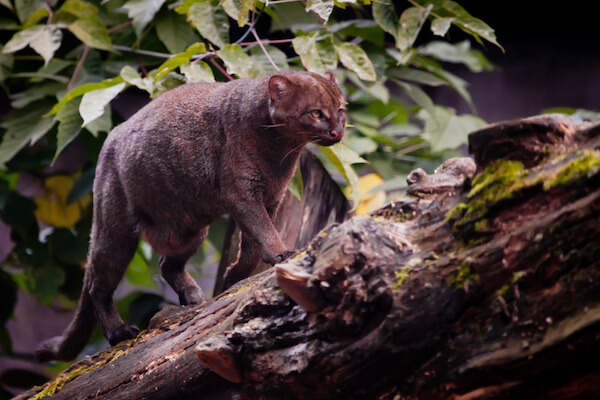 Jaguarundi
JaguarundiThe country is listed as the country with the highest diversity of lungless salamanders. Almost half of the 41 species of this salamanders are endemic in the country.
***
We hope you enjoyed reading our Guatemala Facts for Kids. Make sure to bookmark this page, as we plan to add on more information. Feel free to contact us if your school would like to work on a school project about Guatemala (animals, food, people, traditions, games, sport etc.) with us.
Popular pages
Guatemala Facts for Kids | Resources
- Central Intelligence Agency. "Guatemala." WorldFactBook. Last updated 16 August 2023. Last accessed 23 August 2023
- Guatemala Tourism. "Guatemala - Virtual Tour". VisitGuatemala. Last accessed 23 August 2023
- UNESCO. "Tikal National Park - Gallery." WHC.UNESCO. Last accessed 23 August 2023
- IUCN. "Wildlife Day 2023." IUCN. Last accessed 10 March 2023
- Global Nature Fund. "Lake Atitlan." Global Nature. Last accessed 23 August 2023
- Leslie. "How to make a Guatemalan Beef Churrasco". Guatemala.com. Last updated 23 October 2020. Last accessed 23 August 2023
- Bethany Ivie. "The Fascinating Fauna of Guatemala." Heifer International. 21 February 2020. Last accessed 23 August 2023
Picture credits on Guatemala Facts for Kids: Shutterstock.com
Return from Guatemala Facts to Kids World Travel Guide Homepage
Competition 2024 is open!
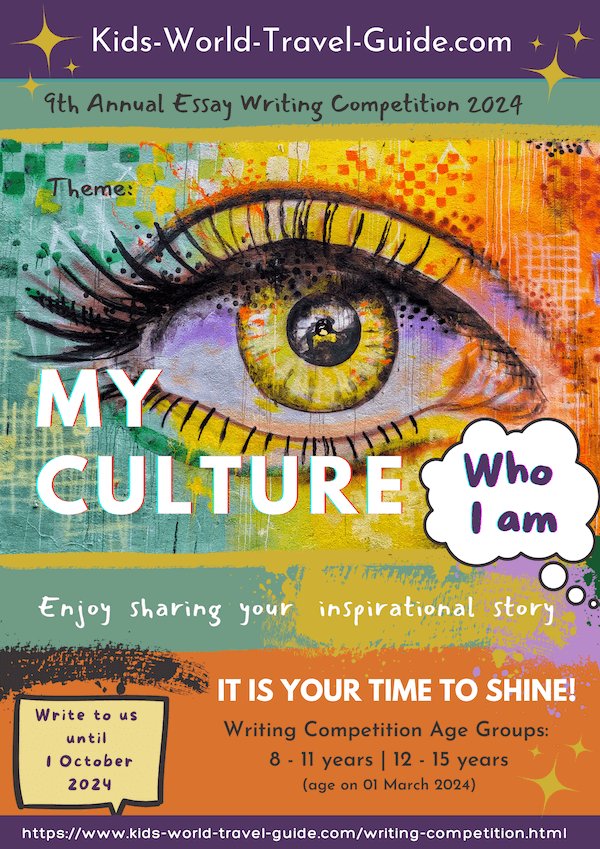
Countries in
North America
Other countries where Spanish is an official language
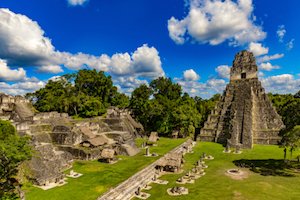 Guatemala
GuatemalaDid you like what you read?

|
Simply use the html code below. Copy and paste onto your website, blog or Facebook page: <a href="https://www.kids-world-travel-guide.com/guatemala-facts.html">Kids World Travel Guide: Guatemala Facts for Kids</a> |
Like us on Facebook
Competition 2024
